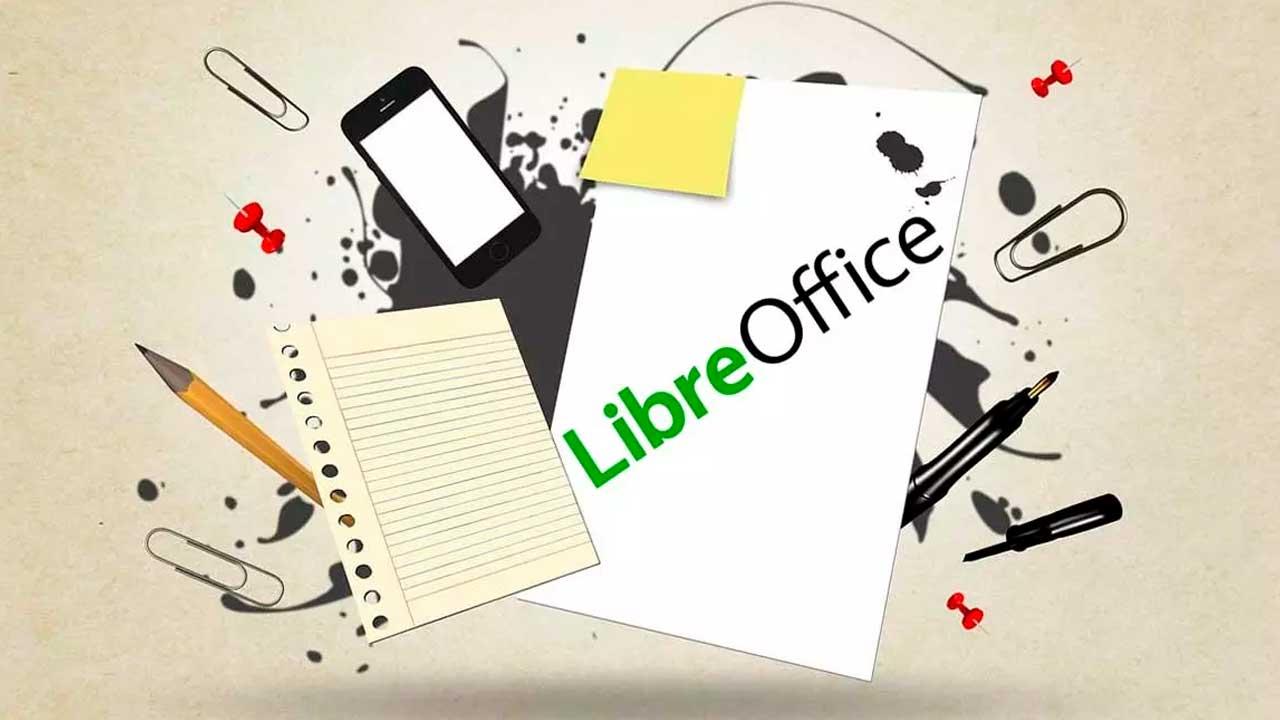Cyberattacks are becoming more and more prevalent across the web. Hackers are well aware of the weaknesses in popular software (such as Google Chrome) and are looking for ways to exploit them. To protect yourself, you often need to do so before you are infected. And that is exactly what Google is trying to do with the latest update to its web browser.
Lately, a new type of virus is gaining a lot of popularity on systems: the “infostealers”. This type of malicious software scans the computers of its victims for all kinds of information that could be useful to them and then collects all the files that they consider important, such as cookies, passwords, bank details, etc. Everything these programs do is done without raising suspicions, so it is very difficult to realize that we are under such an attack.
One of the most serious vulnerabilities in Google Chrome, but one that has never been fixed, is that it stores cookies, passwords and other data in plain text, without encryption. That is, any user with access to our PC could recover all this information by copying a couple of files from the user’s personal folder. What infostealers do is precisely this, they send these files to hackers.
New security measure for Google Chrome
On macOS and Linux, Chrome uses the secure spaces on these systems to store critical data such as passwords. For example, on Apple it uses Keychain, while on Linux it takes advantage of kwallet or gnome-libsecret. On Windows, a similar API, DPAPI, is also used, although it has been proven many times that it is not effective against computer attacks.

With the release of Google Chrome 127, things are about to change. The Internet giant has decided to start encrypting users’ personal data on its own to ensure that it is safe and protected from theft and unwanted access.
For now, Google will only start by encrypting users’ cookies using this new system. With them, we recall, users can log in to our accounts without needing to know the password and bypassing any other type of security measure such as 2FA. And, if all goes well, the encrypted data space will be carried over to other elements of the browser, such as passwords, payment methods, tokens and other sensitive information that could be useful to infostealers.
Progressive release
As explained by the head of Google’s security team, Will Harris, this new feature has already been introduced in version 127 of the browser. However, it is not yet activated for all users, as cookies will be encrypted little by little to avoid problems.
Over the next few weeks, all user cookies will be moved to this secure space and the new encryption will be activated to protect data. If all goes well, we hope that this will be carried over to other critical elements, such as passwords.














